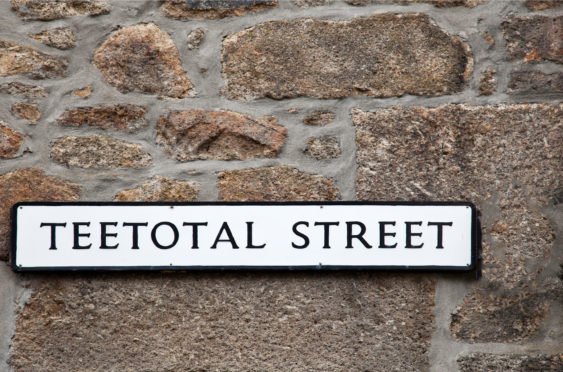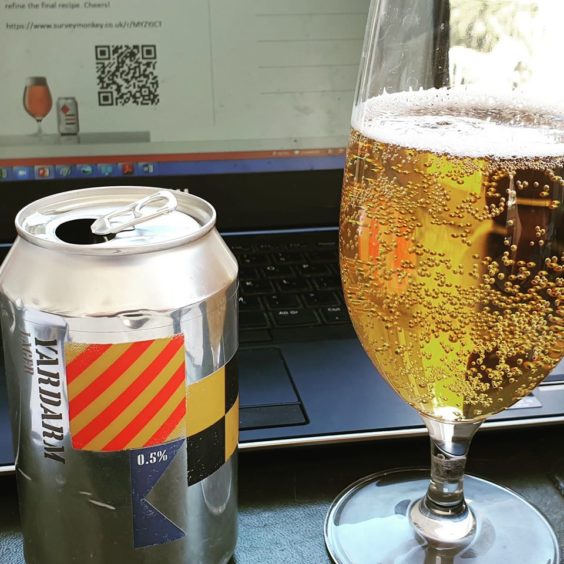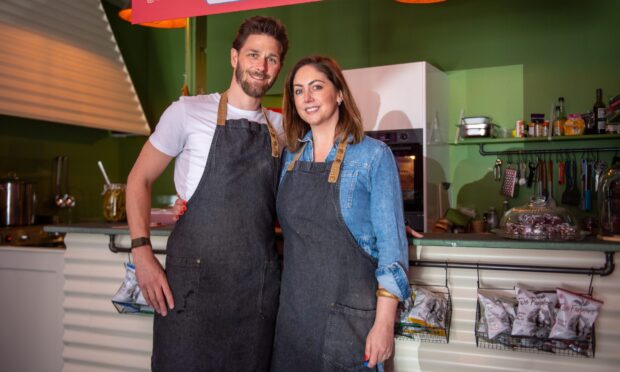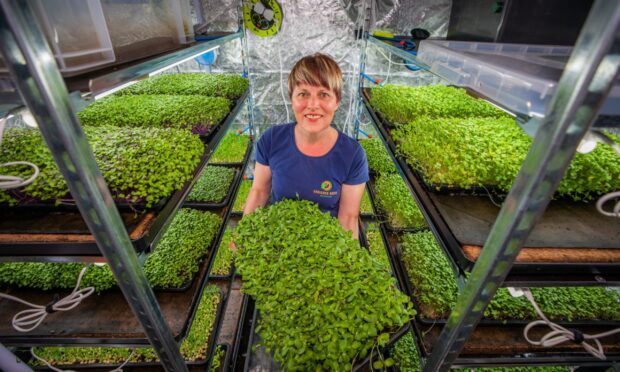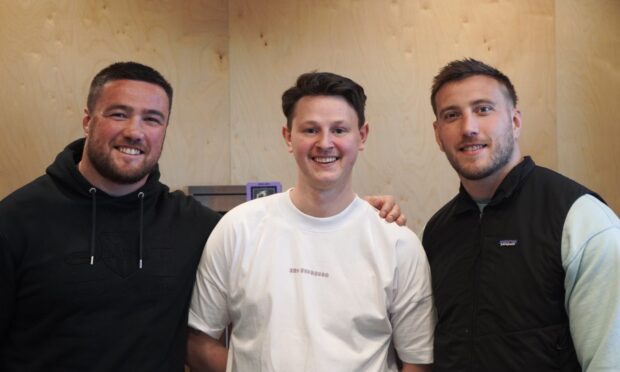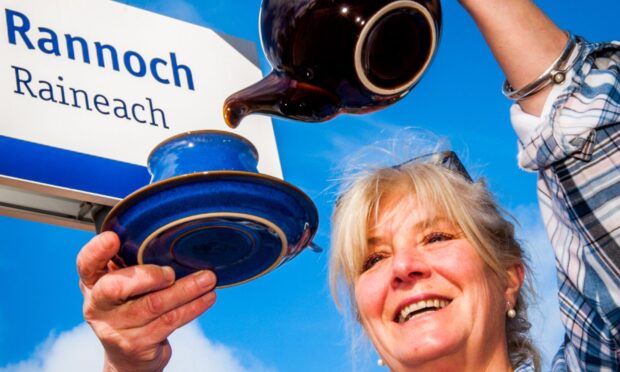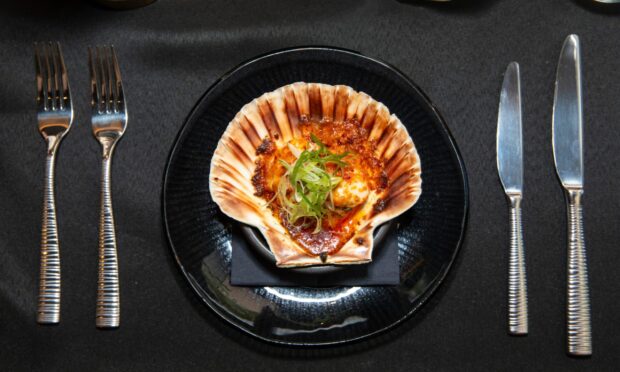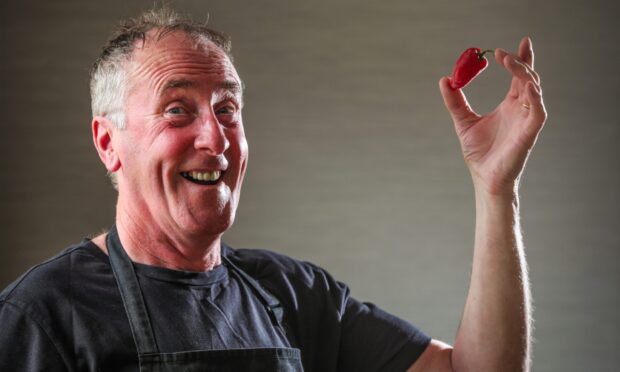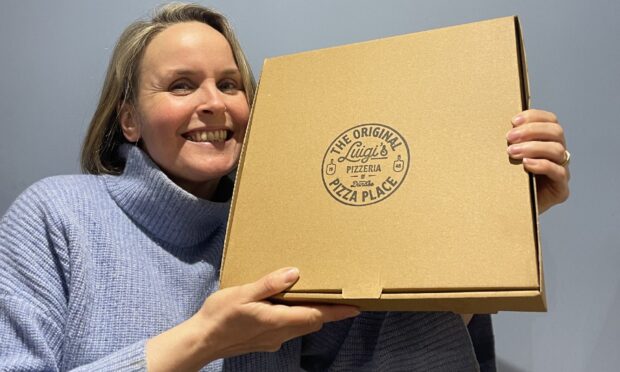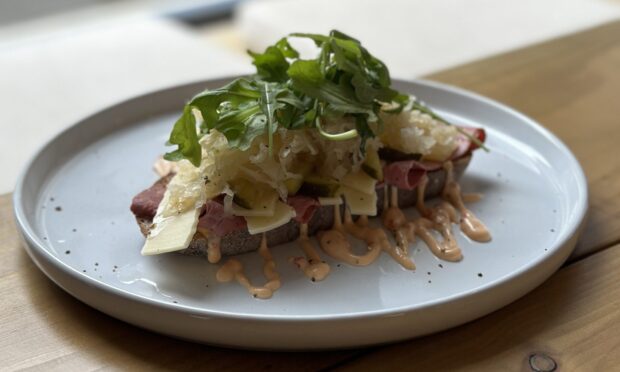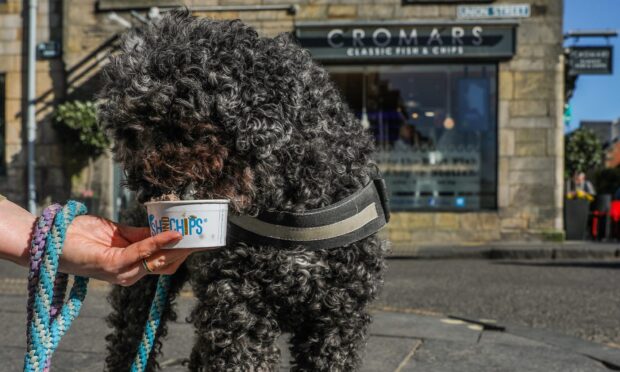A charity CEO explains why more than a million Scots are sobering up during lockdown, while the owner of the country’s first alcohol-free brewery talks about the growing popularity of alcohol substitutes.
Up until a few years ago, if you said you were teetotal people would have assumed you were either religious, a recovering alcoholic or just a bit odd.
Non-drinkers have traditionally been viewed with suspicion in a culture where alcohol is at the centre of most social occasions, and until recently their choices were limited to fruit juice and fizzy drinks.
But the tide is gradually turning – UK sales of low and alcohol-free beers jumped 28% in the year to February 2019 compared with the previous 12 months, while a report in medical journal BMC Public Health showed the proportion of teetotal 16 to 24-year-olds rose from 18% in 2005 to 29%t in 2015.
Initiatives such as Sober for October and Dry January have also become increasingly popular with all age groups.
And since lockdown began seven weeks ago, more than a million people in Scotland, amounting to around a third of the 3.7 milllion who drink alcohol, have cut down on their drinking or gone teetotal in a bid to boost their health.
The research was carried out by charities Alcohol Focus Scotland and Alcohol Change UK, who also found that just over a quarter of those who have cut back reported better mental health and 35% said their physical health was better, while productivity was reported by 26% and both energy levels and sleep quality improved in 32% and 34% respectively.
Meanwhile Sonia Mitchell, who founded Scotland’s first alcohol-free brewery in December, has seen high demand for online deliveries of alcohol-free beer during the lockdown.
Working out of her base in Edinburgh, she has been delivering small-batch alcohol-free craft beer around the country, including Tayside and the north of Scotland.
Talking about the findings of the study, Alison Douglas, chief executive of Alcohol Focus Scotland, said: “There are many people who are cutting down on alcohol during the lockdown. These are usually the people who were light drinkers before, and are taking the opportunity to get healthier.
“They may be thinking, ‘You know what, alcohol might not be helpful for my mental wellbeing during this period of stress. People are saying that they’ve noticed their anxiety levels and sleep have improved by not drinking.
“Young people do seem to be drinking less, and it is the middle aged who drink the most. Some of that may be about a different way of socialising and different priorities – young people are more likely to be image conscious and to have concerns about how they’re going to be portrayed on social media, and many are also very health-conscious.
“Obviously that’s a very welcome trend and we hope it will continue. Products such as non-alcoholic beer and wine are fine as long as they’re a substitute for an alcoholic drink, rather than being consumed as well as alcohol. They have their place, for example if you’re in the pub and you don’t want to drink alcohol, but you don’t fancy a pint of coke, for example.
There are many people who are cutting down on alcohol during the lockdown. These are usually the people who were light drinkers before, and are taking the opportunity to get healthier.
Alison Douglas, Alcohol Focus Scotland
“Non-alcoholic substitutes can play a part in people managing their own drinking, but really there needs to be a more fundamental change in how readily available alcohol is in Scotland and how heavily it is advertised.
Despite the trend towards cutting down on alcohol, a minority (21%) of people at the other end of the spectrum have actually ramped up their drinking since lockdown began.
“What were are seeing and what we will be seeing for a while is a bit of a polarisation – there are some people who are actually drinking more frequently, and these tend to be people who were perhaps already heavy drinkers before and were already using alcohol as a coping mechanism,” Alison added.
“What we have to remember is that different people are having a very different type of lockdown. While some are social distancing in nice homes with gardens and people they get along with, others are stuck in small flats and in stressful situations, and they may be more likely to turn to alcohol to cope.
“The benefits of giving up alcohol are many, some of them include less anxiety, better sleep and weight loss in the short term, and in the long term you have things like a reduction in the risk of serious health problems such as bowel and breast cancers, liver disease and stroke.”
One of the reasons why Sonja set up her alcohol-free beer company, Jump Ship Brewing, was because she was inspired by how much better she felt when she cut down on alcohol.
Juggling a marketing consultancy business with being a mother to three children, she found that she just couldn’t cope with the hangovers.
“Even a small amount of alcohol would make me feel bad in the morning,” she sighs.
“When I was in my 30s alcohol just didn’t agree with me anymore, but I still enjoyed the taste of beer. I tried a few non-alcoholic beers and couldn’t find one that I liked, so it got me thinking about making my own.
“I found a few recipes and went to a brewer to help me make them, and I liked the results. I did some research and got good feedback on the beers from other people too, which gave me the confidence to make it into a business.
“I was making good progress after setting up in December, working with some very nice restaurants, but that disappeared overnight when the lockdown started. At the start there was a bit of panic about what to do, but the online sales have really taken off.
“Lockdown has changed people’s behaviour, because we’re now not going out socialising and there’s no pressure to drink alcohol. People can also experiment with trying different products at home, they have the time and space to do that.
“People are realising that lockdown is going to be long, it’s going to be hard, so they need to look after both their physical and mental health.
“So the results of the survey don’t surprise me. Young people are more image and health-conscious, while people in their mid-30s and older get to a stage where they feel it’s time to take control of their health. They’re realising alcohol is not working for them anymore. Those in their 50s and 60s might also be reassessing their drinking habits after a health scare, for example.
“Alcohol-free substitutes are still a small part of the market but their sales have grown by nearly 30% over the past year, so their popularity is steadily rising.
“There is definitely a wider range of alcohol-free beers, wines and gins on the market now than there were even two years ago and it’s good for people to have that choice – not everyone wants to dink alcohol but equally they may not want to drink juice or fizzy drinks.”
